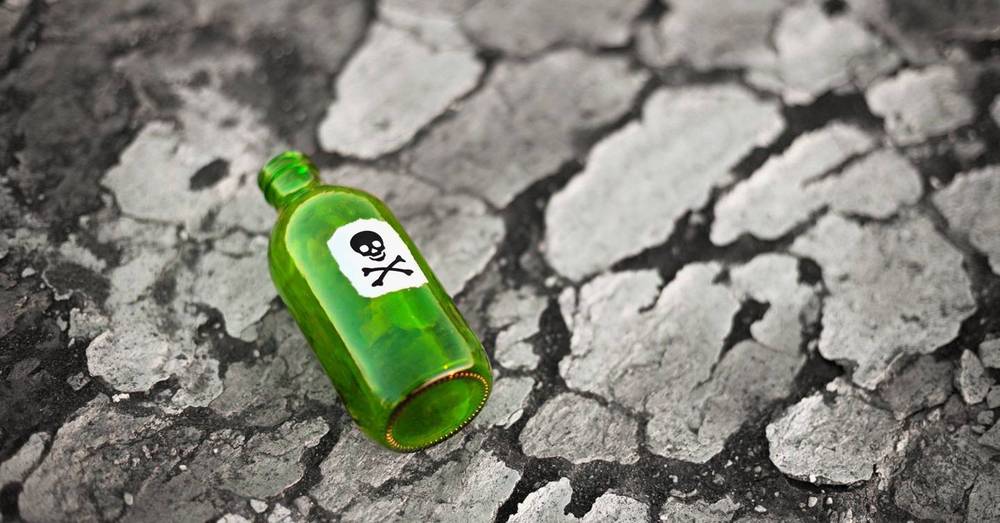There’s no need to fear arsenic poisoning if you grew up in the Argentinian Andes — hundreds of years of drinking arsenic-laced groundwater will have left you with a genetic tolerance for it.
Geneticists from Lund and Uppsala universities had noticed that certain plants and bacteria could live in environments with lots of arsenic, with natural selection favouring a gene known to improve their ability to metabolise the poison. Curious to see if humans could also gain some kind of arsenic immunity, they looked at a group of people who they knew would have been exposed to the poison over many generations — the indigenous peoples of the Argentinian part of the Andes. Sure enough, a higher-than average proportion of people they studied possessed the AS3MT gene, which lets them flush out toxins faster than “normal” people.
The genetic samples tested for the AS3MT gene came from 346 residents of the small, isolated town of San Antonio de los Cobres, located more than 3,700m above sea level in the Andes. Not only does the bedrock in the surrounding area contain a lot of arsenic which gets into the groundwater, but mining operations from the era of Spanish colonisation onwards have released even more arsenic — so both modern people and mummies dating back 7,000 years have had high levels of arsenic found in their hair and internal organs.
